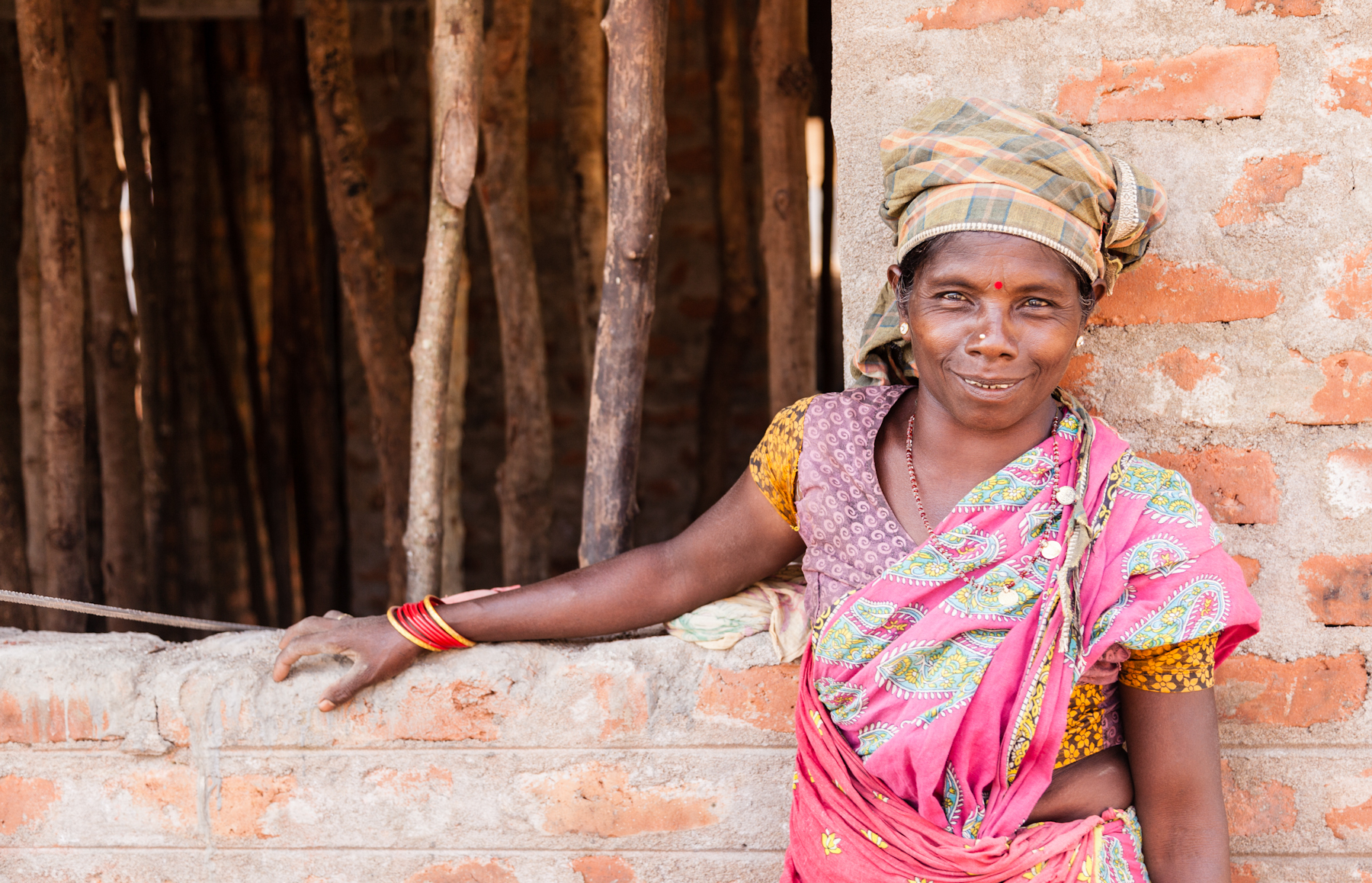During the COVID-19 pandemic, migrant women faced declining incomes and were pushed to lower paying jobs
New study calls for gender sensitive policies for Indian women migrant workers
July 13, 2021
New Delhi, 13 July 2021
The importance of social protection measures for Indian women migrant workers along four dimensions, namely: food security, cash assistance, government health insurance, and protection against domestic violence, is essential to build forward better from the ongoing COVID-19 crisis, according to a new study Socio-Economic Impact of COVID-19 on Women Migrant Workers, released by the United Nations Development Programme (UNDP).
Women migrant workers in India faced the double burden of earning a livelihood and unpaid care work at home during the COVID-19 pandemic. The results reflect halving of women’s incomes during the pandemic with 56% of them reporting an increase in unpaid care work.
A resilient recovery from the pandemic requires an integrated social protection system for migrant workers with preventive, promotive, protective, and transformational measures through the crisis responsive lens, states the study.
Evidence collected from 12 states (both interstate and intrastate) shows that migrants seeking opportunities away from their home states are likely to face hurdles in accessing social protection schemes, which typically offer limited benefits to individuals outside of the states from which they originate and where they are registered.
Data trends highlight that only around one-fifth of all the respondents were enrolled in government health insurance schemes during the first wave of the pandemic. This section of population saw increased likelihoods of severe crises due to the pandemic: falling into poverty, hunger, illness, homelessness, and social stigma.
“I hope this policy brief provides policy options to the government to adopt adequate public policy interventions to increase the positive impacts of human mobility, especially for women migrant workers, to work in safety and dignity. The inclusive policy will contribute to achieving the Sustainable Development Goals,” said Shoko Noda, UNDP Resident Representative in India.
Severity of domestic violence increased during the lockdown, as the survey shows, but only 4 out of 10 respondents knew where to seek help in case someone experienced domestic violence. The study emphasizes on the need to bridge the digital divide to ensure timely support to affected women through mobile-based applications and helplines. The lack of internet access is evident as only 38.2% of the female migrant workers reported having access to these services.
According to the study, the 3 Cs — Constraints, Choices and Career — must guide gender-sensitive policies to effectively combat gender-based violence. The study also suggests an expansion in the portability of social protection schemes, i.e., ration cards beyond state borders which would help to minimize exclusion of vulnerable migrants.
As some key action points and way forward, the study recommends creation of hotspots of vulnerability in the country and start using targeting methods to reach out to the most vulnerable populations. Simultaneously there needs to be a database for mapping the skills of migrant workers, and mechanisms for employment exchange fairs and campaigns, in close coordination with private sector partners to generate new employment and livelihood opportunities.

 Locations
Locations


